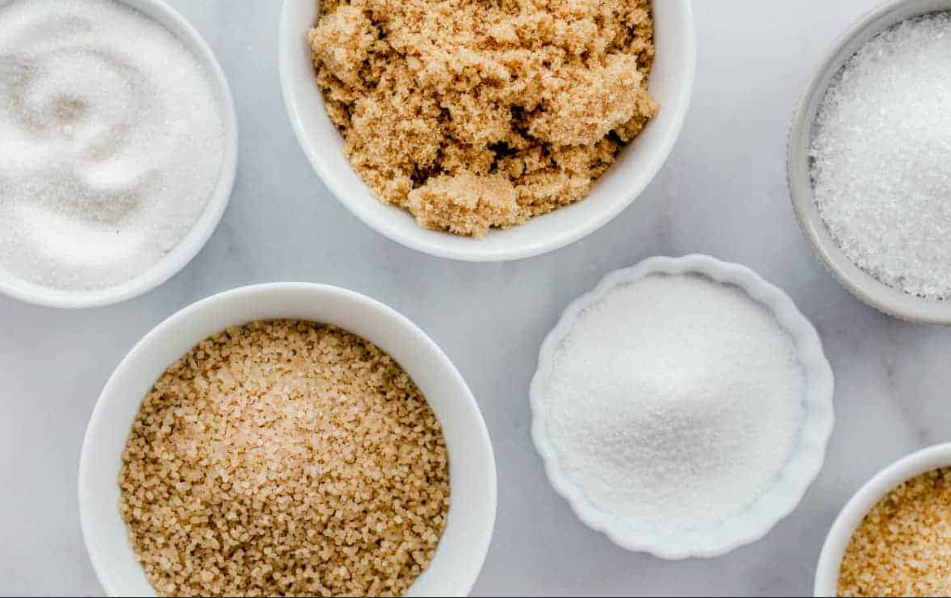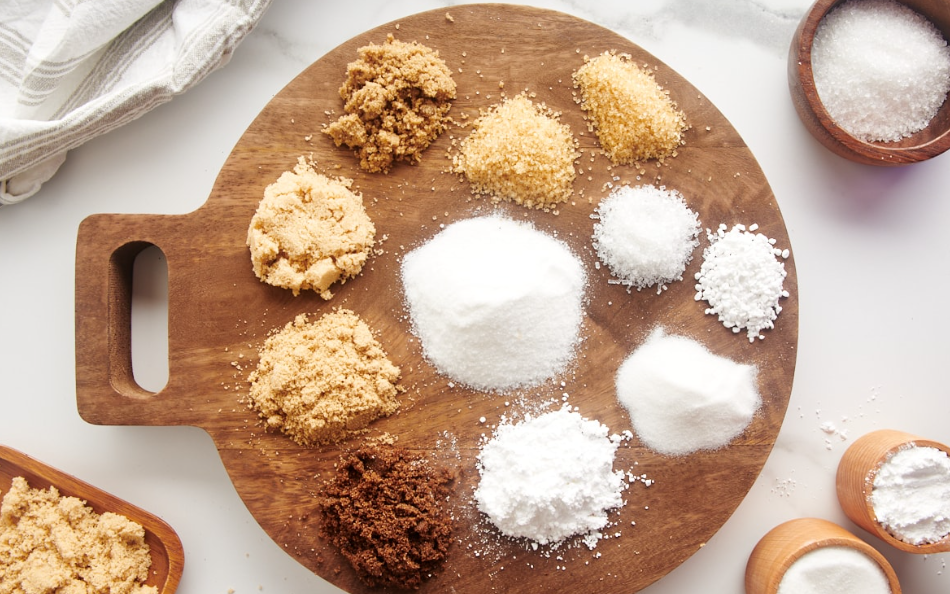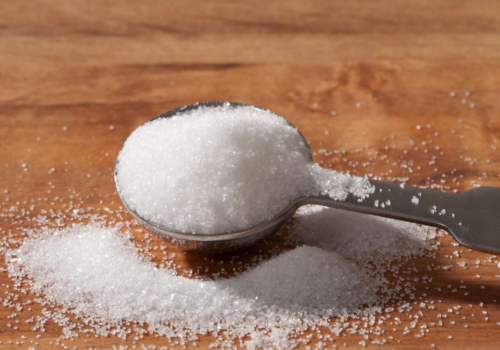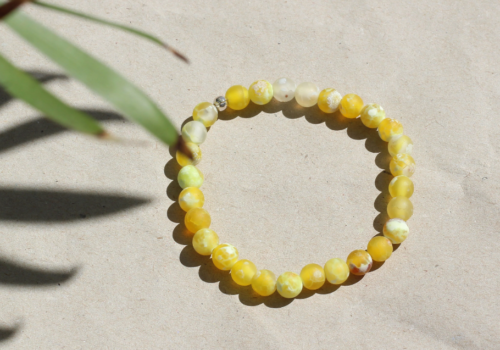The Role of Baking Sugar in Creating Delectable Desserts
Sweet treats are often the highlight of our day, and the magic ingredient that makes these delicacies truly delightful is none other than sugar. A fundamental component in baking, the role of sugar extends beyond just adding sweetness. So baking sugar is a multifaceted substance that contributes to flavour enhancement, texture formation, moisture retention, and more.
Sugar: More Than Just Sweetness
While the most apparent function of sugar is to provide sweetness, it also enhances the overall flavour of baked goods. Different types of sugars can contribute varying levels of sweetness and distinct flavours. For instance, granulated sugar offers a neutral sweetness, while brown sugar adds a rich, molasses-like flavour.
Enhancing Texture and Appearance
Sugar plays a vital role in determining the texture of your favourite desserts. It helps in tenderizing and moistening baked goods by absorbing and retaining moisture. This results in a softer crumb and a delicate melt-in-your-mouth experience.
Moreover, sugar contributes to the appealing golden-brown color of baked treats. Through the Maillard reaction, it aids in browning the exterior of baked goods, giving them a visually pleasing appearance and a delicious crust2.
The Balancing Act of Sugar
Baking sugar serves as a counterbalance to gluten-forming proteins. By bonding with water, it pulls moisture away from starches, which prevents gluten from forming too quickly. This balance ensures your cookies, cakes, and bread don’t turn out too tough or chewy.

Preserving Freshness
Sugar acts as a preserving agent, extending the shelf life of your baked goods. It absorbs moisture from the air, keeping your cakes and cookies soft and fresh for longer periods.
The Science Behind Sweetness
In addition to all these roles, sugar helps stabilize whipped egg foams and is a critical player in fermentation, especially in bread baking. It feeds the yeast, promoting the production of carbon dioxide and helping the dough rise.
Conclusion
The role of sugar in baking goes far beyond just sweetening. It’s a versatile ingredient that affects the taste, appearance, texture, and longevity of your favorite desserts. Understanding its functions can help you become a better baker, enabling you to create delectable treats that are not only sweet but also visually appealing and texturally pleasing. So next time you reach for that bag of baking sugar, remember, it’s not just for sweetness, it’s for the science and art of baking.





